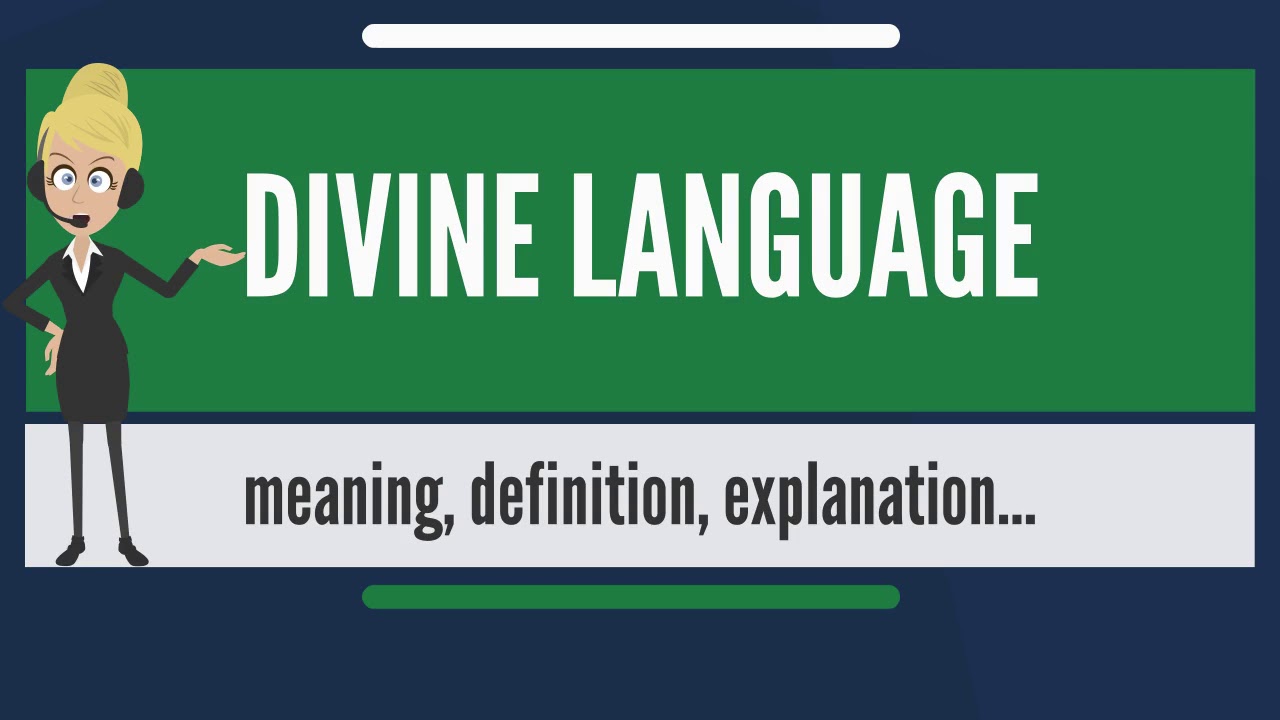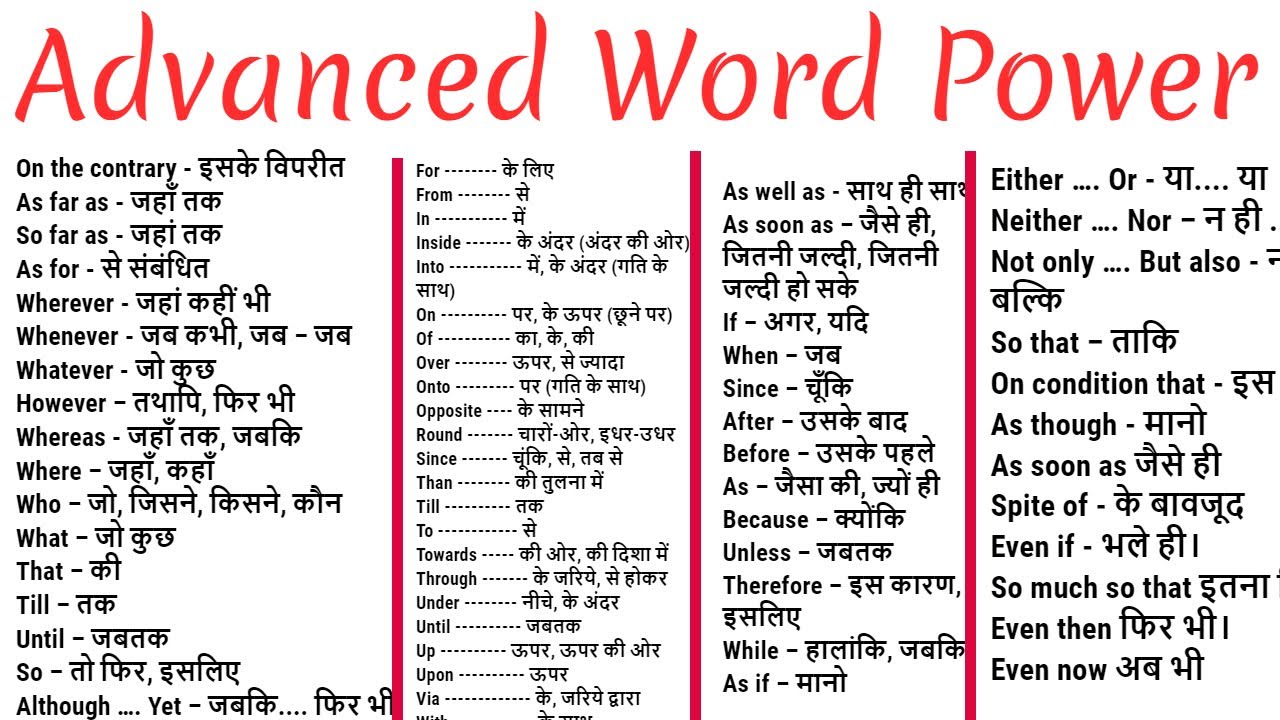The Audiopedia
What is DIVINE LANGUAGE? What does DIVINE LANGUAGE mean? DIVINE LANGUAGE meaning – DIVINE LANGUAGE definition – DIVINE LANGUAGE explanation.
Source: Wikipedia.org article, adapted under https://creativecommons.org/licenses/by-sa/3.0/ license.
SUBSCRIBE to our Google Earth flights channel – https://www.youtube.com/channel/UC6UuCPh7GrXznZi0Hz2YQnQ
Divine language, the language of the gods, or, in monotheism, the language of God (or angels) is the concept of a mystical or divine proto-language, which predates and supersedes human speech.
In Judaism and Christianity, it is unclear whether the language used by God to address Adam was the language of Adam, who as name-giver (Genesis 2:19) used it to name all living things, or if it was a different divine language. But since God is portrayed as using speech during creation, and as addressing Adam before Gen 2:19, some authorities assumed that the language of God was different from the language of Paradise invented by Adam, while most medieval Jewish authorities maintained that the Hebrew language was the language of God, which was accepted in Western Europe from at least the 16th century and until the early 20th century.
The sacred language in Islam is Classical Arabic, which is a descendant of the Proto-Semitic language. Arabic, along with Hebrew and Aramaic, is a Semitic language. It is considered to be sacred, as, in the Muslim view, it is the language by which Allah revealed the final revealed book, the Quran, to Muhammad, Prophet of Islam, through the angel Jibril.
In Vedic religion, “speech” Vac, i.e. the language of liturgy, now known as Vedic Sanskrit, was considered the language of the gods.
Later Hindu scholarship, in particular the Mima?sa school of Vedic hermeneutics, distinguished Vac from Śábda, a distinction comparable to the Saussurian langue and parole. The concept of Spho?a was introduced as a kind of transcendent aspect of Śábda.
In 1510, Heinrich Cornelius Agrippa published Book I of his De Occulta Philosophia (translated to English in 1651 as Three Books of Occult Philosophy). Chapter 23 of the book is entitled “Of the tongue of Angels, and of their speaking amongst themselves, and with us” – wherein he states:
We might doubt whether Angels, or Demons, since they are of pure spirits, use any vocal speech, or tongue amongst themselves, or to us; but that Paul in some place saith, If I speak with the tongue of men, or angels: but what their speech or tongue is, is much doubted by many. For many think that if they use any Idiome, it is Hebrew, because that was the first of all, and came from heaven, and was before the confusion of languages in Babylon, in which the Law was given by God the Father, and the Gospell was preached by Christ the Son, and so many Oracles were given to the Prophets by the Holy Ghost: and seeing all tongues have, and do undergo various mutations, and corruptions, this alone doth alwaies continue inviolated.
Later, in chapter 27, Agrippa mentions the Divine Language again:
But because the letters of every tongue, as we shewed in the first book, have in their number, order, and figure a Celestiall and Divine originall, I shall easily grant this calculation concerning the names of spirits to be made not only by Hebrew letters, but also by Chaldean, and Arabick, Agyptian, Greek, Latine, and any other…
In the late 16th century, the Elizabethan mathematician and scholar John Dee and the medium and alchemist Edward Kelley (both of whom were familiar with Agrippa’s writings) claimed that during scrying sessions, a “Celestial Speech” was received directly from Angels. They recorded large portions of the language in their journals (published today as “The Five Books of the Mysteries” and “A True and Faithful Relation…”), along with a complete text in the language called the “Book of Loagaeth” (or “Speech From God”). Dee’s language, called “Angelical” in his journals, often known today by the misnomer “Enochian”, follows the basic Judeo-Christian mythology about the Divine Language. According to “A True and Faithful Relation…” Angelical was supposed to have been the language God used to create the world, and then used by Adam to speak with God and Angels and to name all things in existence. He then lost the language upon his Fall from Paradise, and constructed a form of proto-Hebrew based upon his vague memory of Angelical. This proto-Hebrew, then, was the universal human language until the time of the Confusion of Tongues at the Tower of Babel. ,,, .(tagsToTranslate)dictionary(t)english dictionary(t)online dictionary(t)vocabulary(t)english vocabulary(t)online vocabulary(t)how to pronounce words(t)what do words mean(t)divine language(t)what is divine language(t)divine language meaning(t)divine language definition(t)divine language explanation(t)what is the meaning of divine language(t)what is the definition of divine language(t)what does divine language mean(t)what does divine language stand for




I wish there was more information about divinian online, can’t find much or it’s all blocked